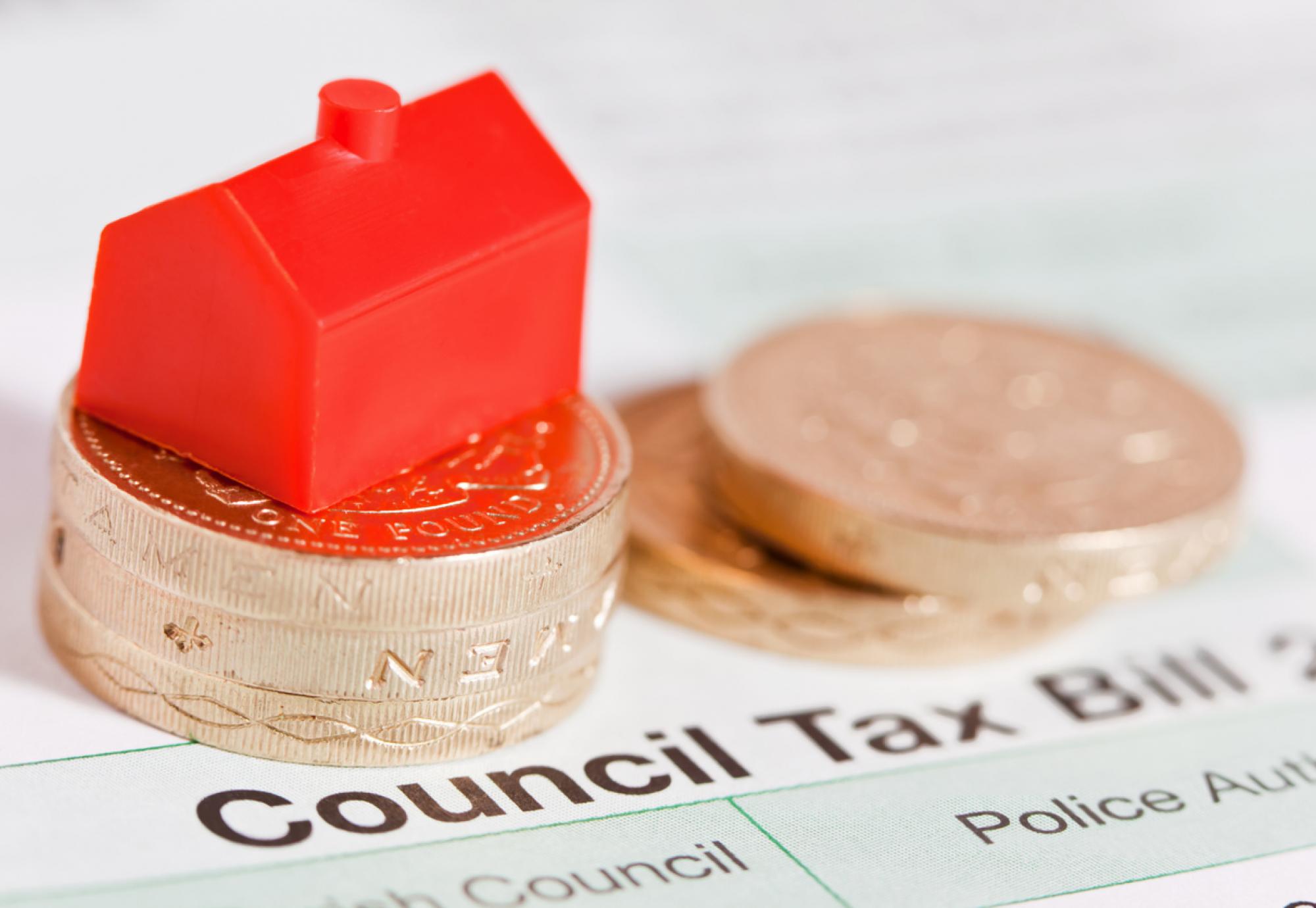Council tax should be abolished as it is too similar to poll tax, according to a new report, published today.
‘Home Affairs,’ by the Resolution Foundation, argues that council tax functions like poll tax, which it was introduced to replace.
Poll tax was abolished in 1991, in part due to the lack of fairness of a flat rate tax, with families paying the same amount regardless of the value of their property.
According to the foundation’s analysis, council tax “shares many features of a poll tax”, with only a “very weak link” to property values.
It attributes this to the wide bands that council tax operates within, with a single band covering significantly different property values and only a small gap between bands, compared to the differences in property values.
Regional variation has also allowed some areas with more expensive properties to charge lower tax rates.
The foundation calls the structure of council tax, which can see someone living in a property worth £100,000 paying around five times as much council tax relative to property as someone living in a property worth £1m, “highly regressive.”
When focusing on individual homes, the foundation found even more severe inequalities.
A three bedroom flat worth £2.1m in Battersea faces a council tax bill of £700 a year, whereas an equivalent sized property in Lambeth, valued at just £400,000 is slapped with a council tax bill of £1,160 - 66% higher.
Young households are disproportionately hit by council tax, with 85% of households in their 20s living in the bottom three council tax bands, which the foundation says have the highest effective tax rates, contributing to the barriers to home ownership.
On the other hand, second homes and empty properties are subsidised, while house prices have been pushed up by the fact that property is under-taxed relative to other investments.
Several suggestions have been made to reform the current council tax system, such as replicated the 2017 reforms implemented in Scotland across England and Wales, which involved increasing council tax rates in the top four bands, generating a little over £1bn.
A “mansion tax” surcharge of 1% on properties valued at over £2m and 2% on the value of properties above £3m, would also generate just over £1bn.
The foundation also looked at some more radical “scrap and replace” options that it says move further away from the poll tax-like structure of council tax, such as an exactly proportional tax of 0.5% of capital value, which would raise £1.6bn across Britain.
A 1% tax rate above a £100,000 allowance per property, meaning no tax for the bottom 14% of properties, making tax rates progressive above this, would boost revenue by £8.6bn.
Or a more progressive system of banding of 1% above a regionally-specific tax-free allowance and a higher rate of 2% on marginal property values above £500,000 would raise £8.4bn, the foundation suggests.
Laura Gardiner, principal researcher at the Resolution Foundation, said: “The council tax you pay is meant to be tied to the value of the property you live in, but when someone living in a property worth £100,000 pays a tax rate five times higher than someone living in a property worth £1m, something has gone seriously wrong.”
She explained: “Young families and those in relatively cheaper properties are losing out disproportionately.
“The government should implement a new system that is truly progressive and avoids the ludicrous situation of people in mansions paying little more, and in some cases less, than families living in tiny flats.”
The Ministry of Housing, Communities and Local Government declined PSE’s request for comment.



















